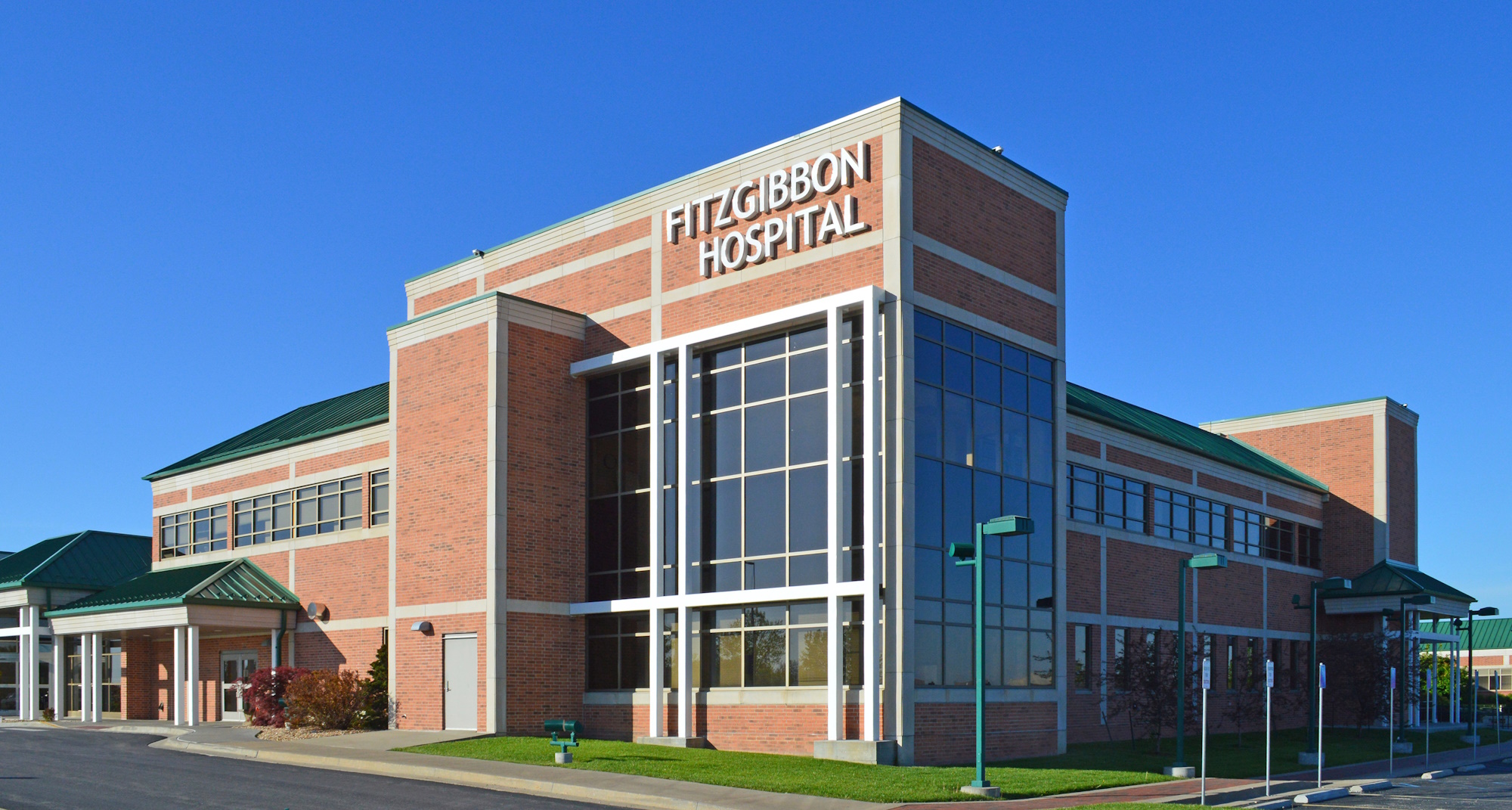Esophageal Cancer
What is Esophageal Cancer?
There are two main types of cancer of the esophagus. One type grows in the cells that form the inside layer of the lining of the esophagus. These are called squamous cells, and cancer that starts there is called squamous cell carcinoma. Squamous cell cancer can grow anywhere along the length of the esophagus. It accounts for less than half of all cancers of the esophagus. Cancers that start in gland cells are called adenocarcinomas. This type of cell is not normally part of the inner lining of the esophagus.
Risk Factors for Esophageal Cancer
We don't know the exact cause of esophageal cancer, but we do know some of the risk factors that make this cancer more likely.
Age: The risk of this cancer goes up with age. Most cases occur in those age 65 and older.
Sex: Compared with women, men are 3 times more likely to get this cancer.
Heartburn: Long-standing heartburn, also called reflux increases the risk of this cancer.
Tobacco and alcohol
Overweight: The risk of this cancer is higher for people who are overweight or obese.
Diet: A diet high in fruits and vegetables is linked to a lower risk of esophageal cancer. Fruits and vegetables provide a number of vitamins and minerals that may help prevent cancer.
Workplace exposure
Can Esophageal Cancer be prevented?
Not all cases of esophageal cancer can be prevented, but the risk of developing this disease can be greatly reduced by not using tobacco and limiting alcohol. Diet is also important. Eating fruits and vegetables, especially raw, may offer some protection. Staying active and keeping a healthy weight can also help.
Signs and Symptoms
Some of the signs and symptoms associated with Esophageal Cancer include: difficulty swallowing, pain in the mid chest or a feeling of pressure or burning and weight loss. Hoarseness, hiccups, pneumonia and high calcium levels are usually signs of more advanced esophagus cancer.
Test to Find Esophageal Cancer
If certain symptoms suggest that you may have esophagus cancer, your doctor will use one or more of these tests to find out if the disease is really present.- Barium swallow or upper GI x-rays
- CT scan (computed tomography)
- MRI (magnetic resonance imaging
- PET scan (positron emission tomography)
- Endoscopy
- Upper Endoscopy
- Endoscopic Ultrasound
- Bronchoscopy
- Biopsy
Treatment for Esophageal Cancer
After the cancer is found and staged, your doctor will talk to you about a treatment plan. There is a lot for you to think about when choosing the best way to treat or manage your cancer. There may be more than one treatment to choose from. Surgery, chemotherapy, and radiation are used to treat early cancer of the esophagus. Other treatments may also be used for early cancers and pre-cancers of the esophagus. There are treatments to help relieve symptoms such as pain and blockage, too.


